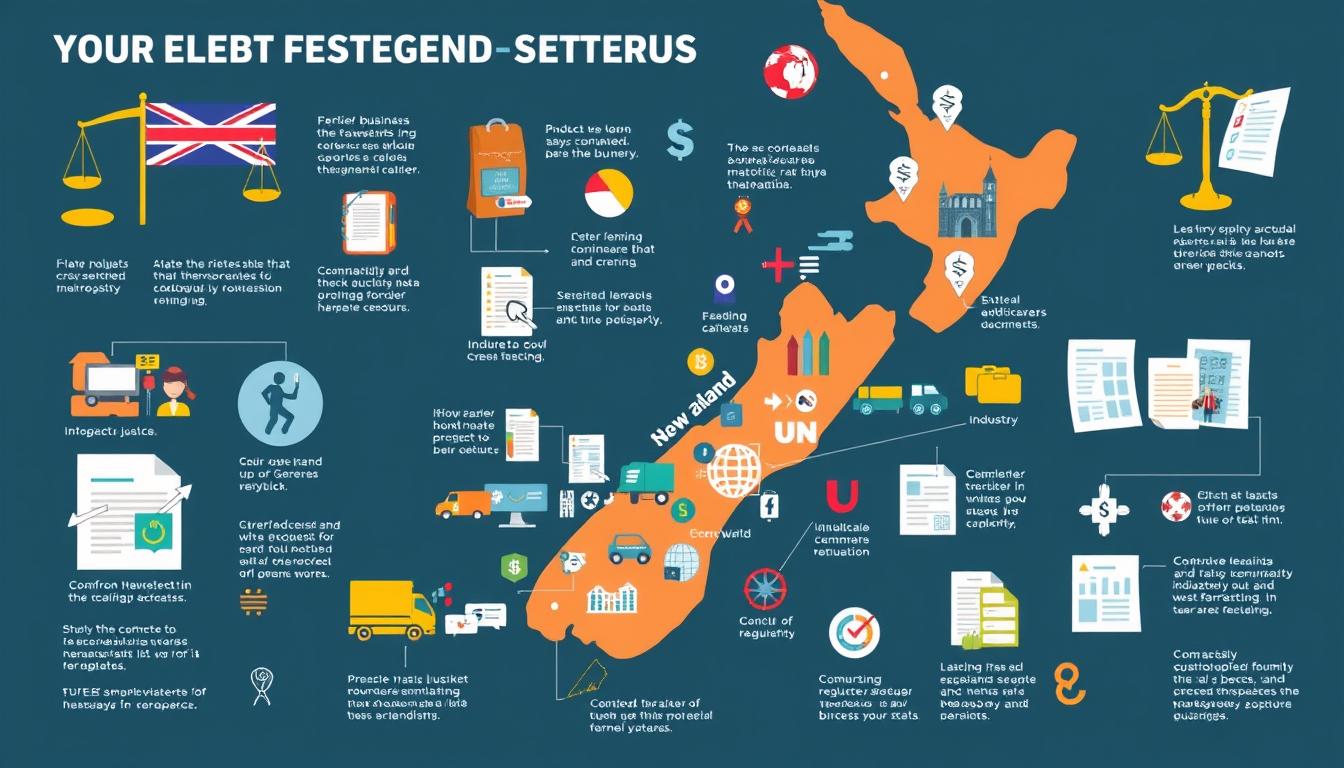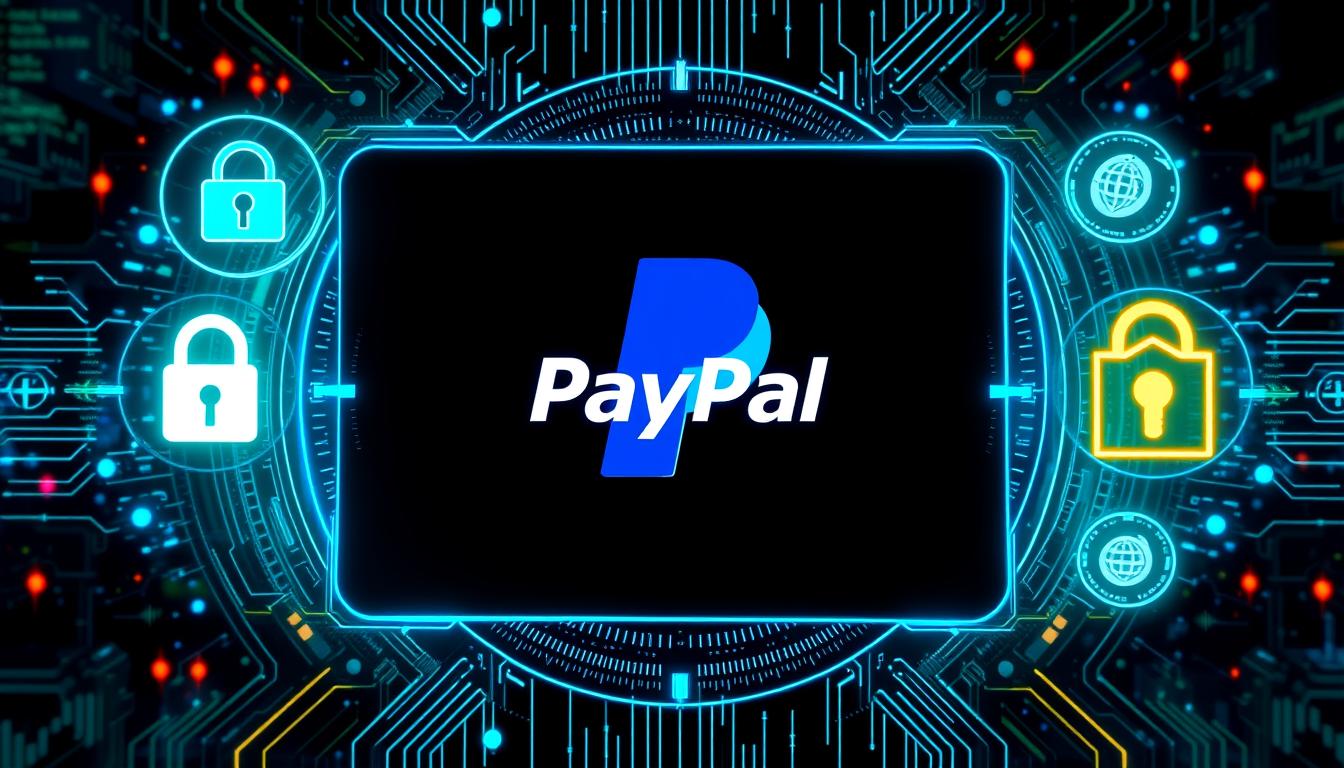Accessing your credit report is a crucial step in understanding your financial health. With link free credit reports, consumers in the U.S. have the right to obtain their credit reports transparently, without any hidden links or terms. This straightforward process allows you to access credit reports online with ease, empowering you to make informed decisions about your financial future. Ensure you take advantage of the free credit report access available to you, which is essential for monitoring your financial situation and protecting your identity.
Introduction to Credit Reports
Credit reports are essential documents that provide a comprehensive overview of an individual’s credit history and behavior. They serve as tools for various entities, such as lenders, landlords, and employers, to evaluate the creditworthiness of applicants. Understanding the importance of credit reports can empower individuals to manage their credit effectively, ultimately influencing their financial futures. The details contained within these reports can have a significant credit report impact on crucial financial decisions, including the approval for loans, credit cards, or even rental applications.
Understanding the Importance of Credit Reports
Recognizing the importance of credit reports is the first step towards financial literacy. These reports detail various factors such as payment history, outstanding debts, and overall credit utilization. Having a strong credit report can facilitate access to better interest rates and terms, making it vital for anyone looking to make informed financial decisions.
How Credit Reports Affect Financial Decisions
Credit reports play a pivotal role in shaping financial decisions. Poor or inaccurate information can hinder opportunities for loans and credit approvals, impacting long-term financial health. By regularly monitoring credit reports, individuals can ensure accurate data is reflected, enabling them to make strategic decisions that support their financial goals.

What is a Credit Report?
A credit report serves as a comprehensive overview of an individual’s credit history and financial behavior. This document provides crucial insights for lenders and creditors, helping them evaluate the creditworthiness of potential borrowers. Understanding what is a credit report can empower individuals to manage their financial futures effectively.
Overview of Credit Report Contents
The credit report contents typically include identifying information such as the consumer’s name, address, and Social Security number. It also outlines the individual’s bill payment history, current debts, and bankruptcy status. Public records related to any lawsuits or judgments can also appear in the report. This detailed snapshot enables creditors to make informed lending decisions based on an individual’s financial past.
The Role of Credit Bureaus
Credit bureaus, including Equifax, Experian, and TransUnion, play a key role in compiling and maintaining this information. They gather data from various sources, including banks and credit card companies, and sell this valuable information to lenders. Understanding the function of credit bureaus helps consumers realize the importance of monitoring their reports regularly for accuracy.
Why Get Your Credit Report?
Accessing your credit report offers several crucial insights into your financial standing and security. Regularly reviewing your report serves an essential purpose in identifying any discrepancies, protecting yourself against identity theft, and maintaining overall financial health. Understanding the contents of your credit report fosters better financial decisions and contributes to your long-term financial well-being.
Spotting Errors and Identity Theft
One of the primary reasons to get a credit report is to spot errors that could negatively impact your credit score. Inaccurate information often resides in credit reports, whether due to clerical mistakes or identity theft. Having a clear view of your report empowers you to challenge any discrepancies promptly. Engaging in proactive identity theft prevention becomes easier as you stay vigilant about unauthorized accounts or unusual activities linked to your personal information.
Monitoring Your Financial Health
Monitoring your financial health should be a continuous process. Your credit report plays a pivotal role in this regard, as it provides detailed insights into your credit utilization, payment history, and overall credit score. By regularly checking your report, you can track changes in your financial standing and adjust your habits accordingly. Understanding how your spending impacts your credit can lead to better financial choices, allowing you to improve your credit profile over time.
How to Get Your Free Annual Credit Reports
Accessing your free annual credit reports is a straightforward process that empowers consumers to stay informed about their financial health. Each year, individuals are allowed to obtain one free report from each of the three major credit bureaus: Experian, TransUnion, and Equifax. This opportunity plays a vital role in monitoring your credit and ensuring accuracy.
Methods to Request Your Reports
To request credit reports, you have multiple options. The easiest method is to visit AnnualCreditReport.com. This website is the only federally authorized source that allows you to request credit reports from each bureau without any charge. Alternatively, you can call 1-877-322-8228 to request your reports over the phone. If you prefer the traditional route, you can complete a request form and mail it to the credit bureaus. Whichever method you choose, ensuring your personal information is correct is essential.
Understanding the Process
The credit report process requires some verification steps. When you request credit reports, you may be asked to provide personal details like your Social Security number and address history. This verification helps protect your identity and ensures that the reports are released to the correct individual. It’s advisable to have all necessary information on hand to streamline the process and avoid delays.
Link-Free Credit Reports: What You Need to Know
Link-free credit reports serve as an essential tool for consumers seeking direct access to their financial information without dealing with intermediaries. These reports provide clarity on credit histories and ensure that individuals remain informed about their financial status. Utilizing official resources like AnnualCreditReport.com allows for secure accessing credit reports, thus protecting personal data from potential scams and identity theft.
Consumers benefit significantly from obtaining link-free credit reports as they can monitor their financial well-being without unnecessary complications. It is critical that individuals prioritize their financial health by reviewing their credit reports regularly, which also aids in identifying and rectifying any inaccuracies. Choosing established government websites ensures that accessing credit reports is both straightforward and safe.
Steps to Request Your Credit Report
Obtaining your credit report can be done easily through several methods. Each option offers a convenient way to access your financial information, ensuring you stay informed about your credit status.
Online Request through AnnualCreditReport.com
The most efficient way to request credit report online is by visiting AnnualCreditReport.com. This site is the official portal where consumers can request their credit reports from the three major credit bureaus. The step-by-step process is user-friendly, allowing you to view and download your reports immediately.
Telephone and Mail Options
If you prefer a more traditional method, you can complete a credit report telephone request by calling 1-877-322-8228. Well-trained representatives will assist you in accessing your credit report. Alternatively, a mail credit report request can be submitted by sending a written request to any of the credit bureaus, ensuring you include necessary personal details for verification. Both methods facilitate access to your credit report safely and securely.
Frequency of Credit Report Access
Understanding the frequency with which you can access your credit report is essential for maintaining your financial health. The free report guidelines established by federal law allow consumers to request one free credit report each year from each of the three major credit bureaus: Experian, TransUnion, and Equifax. By knowing your entitled access frequency, you can better manage and monitor your financial situation.
Annual Free Report Guidelines
Each American can obtain a total of three free credit reports annually. This access supports individuals in checking for inaccuracies, assessing their credit standing, and ensuring that no fraudulent activity occurs under their name. Regularly checking your credit reports is a proactive approach toward financial responsibility.
Understanding the Extended Program Until 2026
In response to the ongoing need for consumer protection, an extended program 2026 has been introduced. This program allows for weekly access to credit reports, empowering consumers to stay informed and vigilant about their credit status. Frequent monitoring not only aids in financial decision-making but also enhances the detection of identity theft. By taking advantage of this extended access, you can ensure that your credit health remains a priority.
Who Can Access Your Credit Report?
Understanding who can access your credit report is crucial for safeguarding your financial health. Various entities request credit report access for specific reasons, ensuring they adhere to regulations. Commonly, lenders evaluate credit reports to determine eligibility for loans or credit cards. Employers may check reports as part of a background screening process, while insurance companies evaluate credit history when setting premium rates.
Entities that May Request Your Report
Entities that request your credit report include financial institutions, landlords, and certain government agencies. Each of these parties must have a legitimate purpose, often rooted in assessing credit risk or deciding applications. Being aware of which entities request credit report information helps you monitor who views your financial data.
Your Rights Under Federal Law
Federal law rights provide essential protections for consumers. According to regulations, individuals have the right to know who has accessed their credit information. If inaccuracies arise in your reports, you have the right to dispute them, ensuring the integrity of your credit history remains intact. Knowing your access credit report rights empowers you to maintain control over your financial information.
Beware of Imitation Sites Offering Free Credit Reports
Getting a credit report is essential for managing financial health. Unfortunately, imitation credit report sites have emerged, misleading consumers with promises of free service. Armed with the right knowledge, you can avoid falling victim to scam credit reports.
Spotting Scam Websites
Many websites masquerade as legitimate sources of credit reports, often requesting personal information unnecessarily. Identifying these scam sites may require careful scrutiny. Genuine sites will never ask for sensitive details without proper verification. Always check for secure URLs, contact information, and official endorsements to differentiate between trustworthy platforms and imitation credit report sites.
Protecting Your Personal Information
Personal information protection is paramount in today’s digital landscape. Users must remain vigilant when sharing their data online. Ensure you use only authorized sources for accessing your credit report. Stay informed about phishing tactics often employed by these scams, and regularly monitor your financial statements for any unusual activity.
Conclusion
In summary, the importance of credit reports cannot be overstated when it comes to managing your financial health. Regularly obtaining your free credit report allows you to stay on top of your financial status and helps you identify any potential discrepancies early on. By taking the time to understand and monitor these reports, you equip yourself with the knowledge necessary for making informed financial decisions.
Utilizing reliable resources for obtaining free credit reports ensures that you receive accurate and up-to-date information. This diligence not only aids in protecting yourself against identity theft but also reinforces your overall financial strategy. Remember, maintaining a proactive approach towards your credit report is key to achieving long-term financial stability.
Ultimately, being informed about your credit report empowers you in various aspects of life, including loan applications, insurance premiums, and even job opportunities. Embrace the process of checking your credit regularly as a vital step towards ensuring your financial health and securing a brighter financial future.







